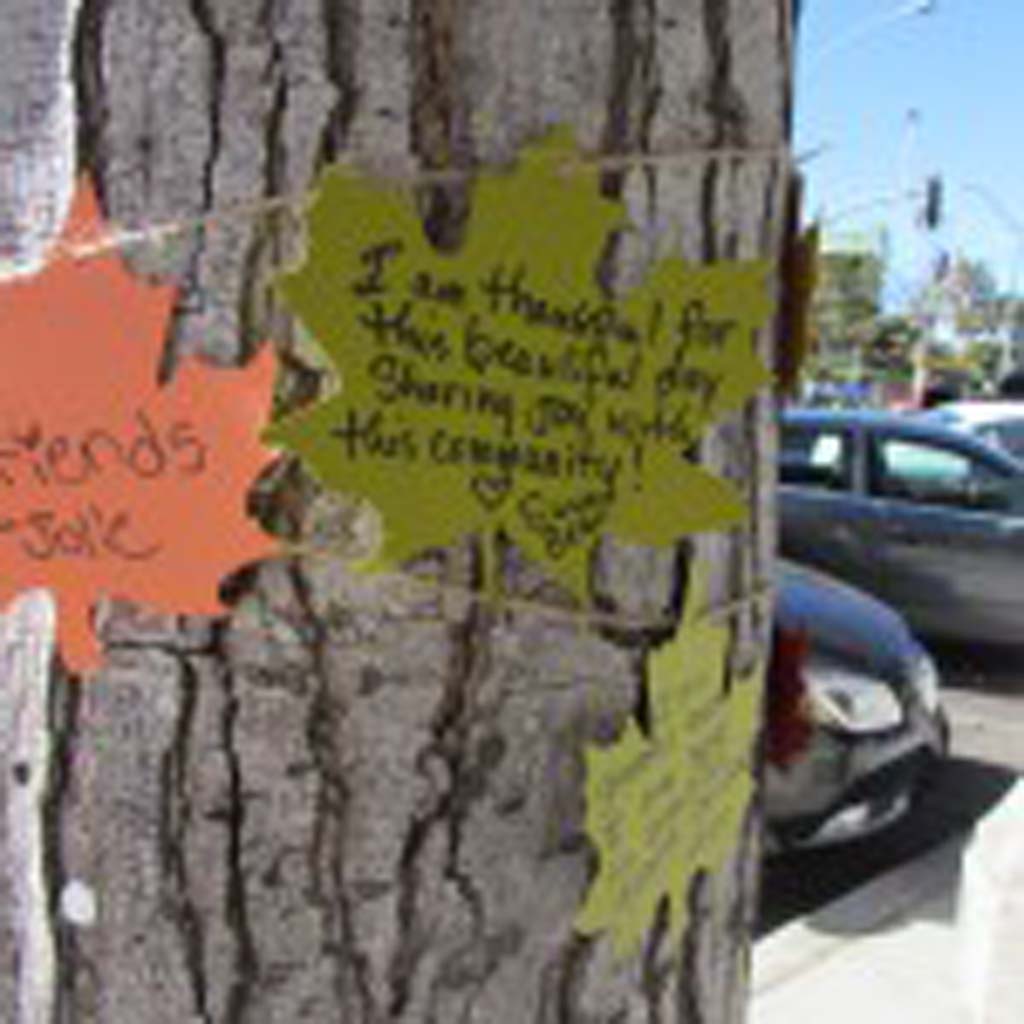ENCINITAS — More than 50 years ago, a “muddied” handshake between Paul Ecke and Ed Cory led to creation of ball fields that the Encinitas Little League has called home since 1960.
Flash forward to today, and a clause in the contract between the city and the Magdalena Ecke YMCA threatens that home, little league supporters said.
The city and YMCA in November approved a 10-year extension to the city’s 25-year lease of the ball fields, but included in the lease a 30-day termination clause that allows either the city or YMCA to terminate its lease arrangement with 30 days’ notice.
This has prompted supporters of the league — including current and former city officials and longtime community advocates to cry foul, as a termination would displace the little league and several other youth sports programs.
Supporters point to a letter the city received from YMCA Executive Director Susan Hight that said that the YMCA’s expansion plans, which are still in the works and years away, could impact one more of the baseball fields.
City Manager Gus Vina at the Nov. 19 council meeting told the council that the 30-day clause is standard contract language for any city agreement, as it gives both parties flexibility to opt out of deals if a better one surfaces.
But Little League supporters argue that the protracted time frame would not give them time enough to relocate the league.
“Thirty days isn’t time enough for us to pack up our kids and move,” said Joe Corder, who recently spoke at a council meeting asking the council to eliminate the clause from the contract. “All we want to do is save the fields.”
Supporters said news of the clause, which was not contested when the contract was approved, hits harder given the success of the Little League’s All-Star team, which advanced to the semifinals of the regional round of the Little League World Series, the penultimate step before a trip to Portsmouth, Penn. for the main event.
“How would it look if you had a team that had that much success one year, and the next year it did not have a home?” Corder said.
Corder said he has spoken to Hight, who did not return a reporter’s call for comment. He said that he believes Hight and the YMCA understand the significance of the fields to the city’s heritage.
“I think she genuinely does not want to hurt the kids,” Corder said. “We will keep working with her to make sure that we are able to find a resolution.”
The city and the YMCA entered into its first agreement in 1989, which allowed the city to reconstruct the fields and maintain them in exchange for priority for its sports programs to use the fields. The Little League has historically had the highest priority due to its historical ties to the Saxony Road fields.
In addition to Little League, adult softball, youth soccer and the YMCA’s sports programs all use the fields.
Encinitas’ Little League began in 1957. For two years the league used a field at what is now a Presbyterian church in Solana Beach before Cory, a local Optimist, approached Ecke about constructing a ball field on his land.
Local lore has it that Ecke, who was doing grounds work at the time, reached out with a muddied hand and told Cory that he had always come to agreements with a handshake. Construction of the fields began shortly thereafter and the first field was completed in 1960.
Dan Dalager, a former city councilman who played in the Little League and has served as the league’s president, said he doesn’t think there are any villains in this episode, but that the YMCA might be looking at the fields through a different lens than supporters.
“I think they are looking at it from a dollars and cents perspective, in terms of ways they can generate more revenue,” Dalager said. “But they are totally overlooking the institutional importance and connection the community has to the fields or what the programs mean to the community, and I think that is a mistake.”


